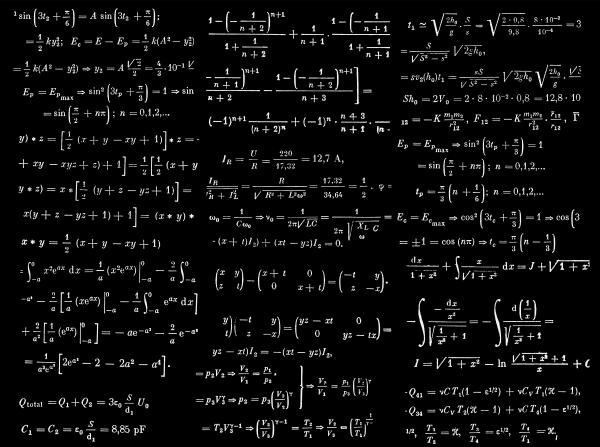Abstract:
In this thesis, we develop a theory of higher-order perivations, introducing a new class of algebraic operators termed perivential operators. Drawing inspiration from Grothendieck’s construction of differential operators via iterated commutators, we define perivential operators inductively using a new bracket operation called the p-bracket. This framework generalizes perivations and mirrors the structural hierarchy of differential operators. We provide a new construction of the universal perivation module via a multiplication map, analogous to the classical construction of the module of Kähler differentials. We establish a direct connection between this multiplication map and the perivential operators, leading to the construction of a universal module of periventials that parallels the classical module of principal parts. Furthermore, for finitely generated Z-algebras, we give an explicit presentation of the universal module of periventials.
In this thesis, we develop a theory of higher-order perivations, introducing a new class of algebraic operators termed perivential operators. Drawing inspiration from Grothendieck’s construction of differential operators via iterated commutators, we define perivential operators inductively using a new bracket operation called the p-bracket. This framework generalizes perivations and mirrors the structural hierarchy of differential operators. We provide a new construction of the universal perivation module via a multiplication map, analogous to the classical construction of the module of Kähler differentials. We establish a direct connection between this multiplication map and the perivential operators, leading to the construction of a universal module of periventials that parallels the classical module of principal parts. Furthermore, for finitely generated Z-algebras, we give an explicit presentation of the universal module of periventials.
| Building: | East Hall |
|---|---|
| Event Type: | Presentation |
| Tags: | Dissertation, Graduate, Graduate Students, Mathematics |
| Source: | Happening @ Michigan from Dissertation Defense - Department of Mathematics, Department of Mathematics |


